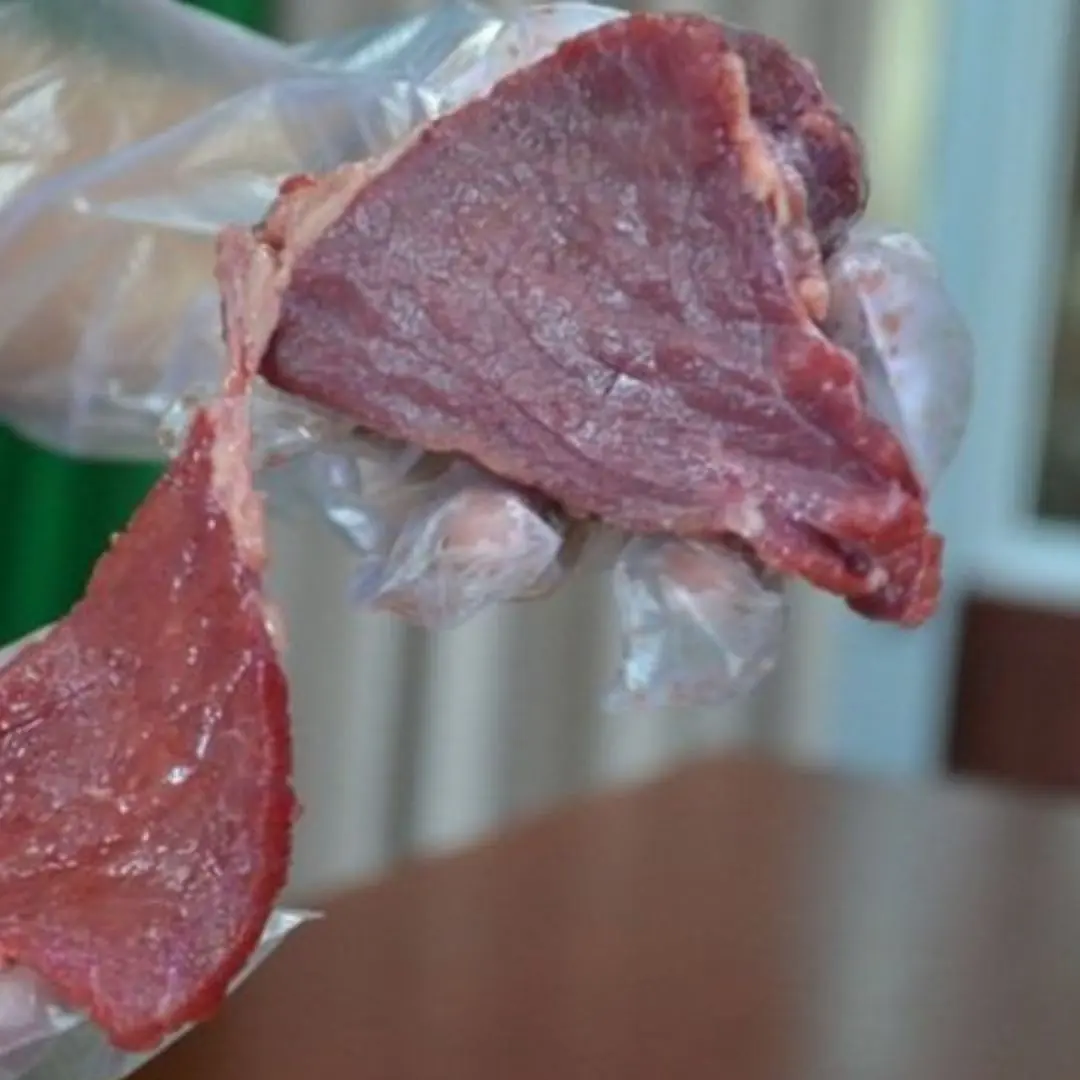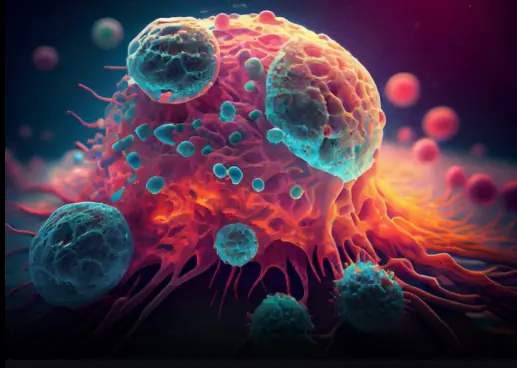
Why nobody should be eating salmon anymore?
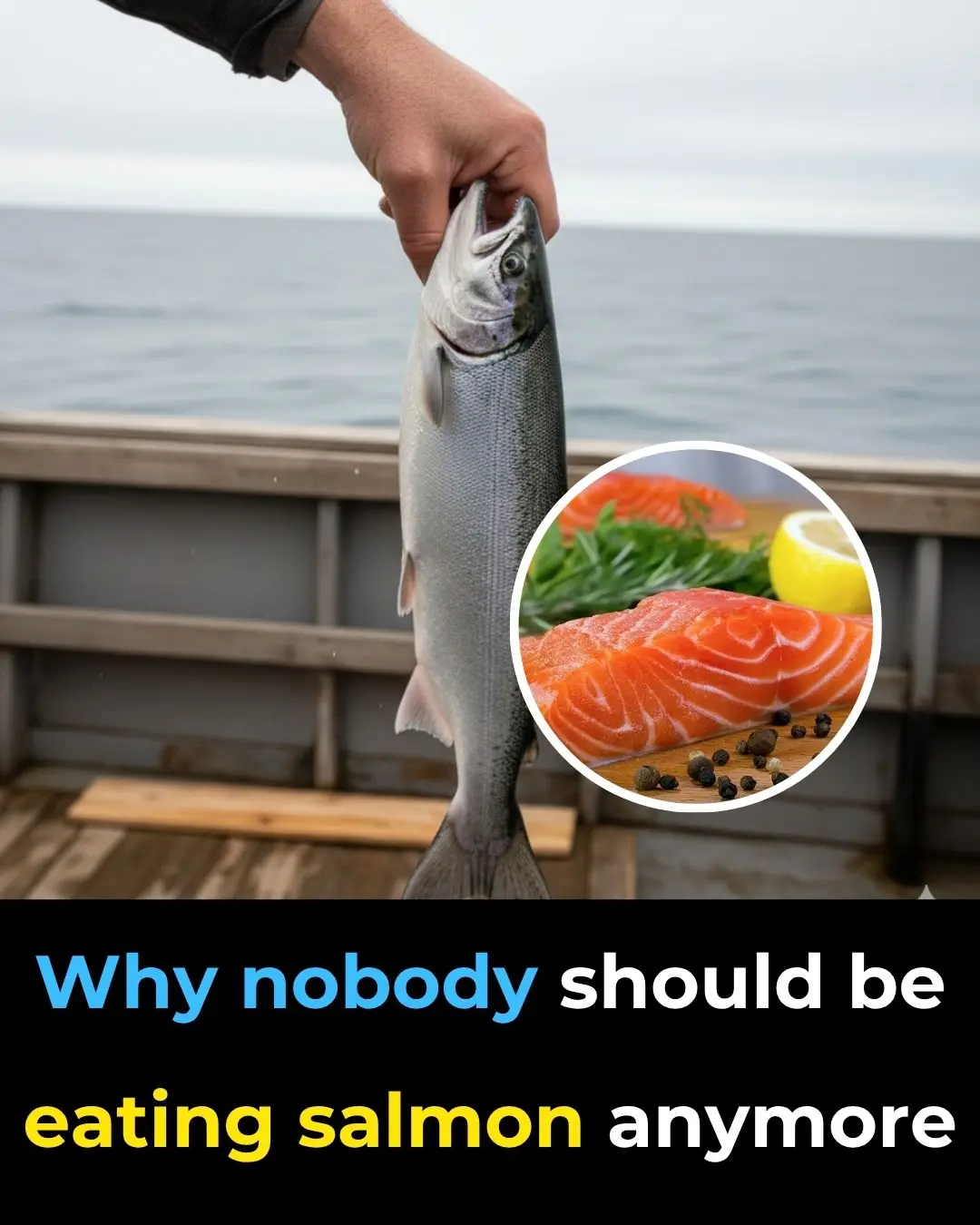
For decades, salmon has been praised as one of the healthiest foods on Earth - a symbol of clean eating, high protein, and glowing skin. It’s been called a “superfood,” recommended by nutritionists, and plastered across countless health blogs and cooking channels. But behind the glossy image of grilled fillets and sushi rolls lies a darker truth.
The salmon industry has changed - drastically. The fish on your plate today is not the same wild, pristine creature it was fifty years ago. Modern salmon farming practices, environmental destruction, contamination, and ethical issues have all turned this once-golden fish into something that might not deserve its reputation anymore.
Let’s break down exactly why experts are saying it’s time to think twice before eating salmon again.
1. Farmed Salmon Isn’t the Healthy Option You Think It Is
Most people believe they’re eating “wild salmon.” The reality? Over 70–80% of salmon on the global market today is farm-raised. These salmon spend their lives packed tightly into underwater cages, often with tens of thousands of fish in one pen.
Living in such crowded conditions is a breeding ground for disease and parasites like sea lice. To keep these outbreaks under control, farms routinely use antibiotics and chemical treatments - and some of those residues can remain in the fish that end up on your plate.
Even worse, the feed given to farmed salmon often includes processed fish meal, soy, corn, and synthetic pigments to make the flesh look pink. In the wild, salmon’s pink color comes naturally from eating krill and other small marine life. Farmed salmon would be gray without artificial coloring.
So, the next time you see that “perfectly pink” salmon fillet? It might not be as natural as you think.
2. The Contamination Problem: Toxic Load in Every Bite
Farmed salmon has been found to contain significantly higher levels of pollutants like PCBs (polychlorinated biphenyls), dioxins, and heavy metals compared to wild salmon. These are the same industrial toxins known to cause cancer, liver damage, and hormonal disruptions in humans.
Since salmon are fatty fish, toxins easily accumulate in their tissues. And because farmed salmon are fed concentrated fish oil and fish meal, the contaminants in the feed get passed right into the salmon’s flesh.
Even wild salmon aren’t entirely safe anymore. Ocean pollution - from microplastics to mercury - has made its way into even the most remote marine ecosystems. It’s a reminder that no part of our food chain exists in isolation.
Eating salmon regularly may expose the body to a cocktail of ha.rmful substances - a risk that most consumers have no idea they’re taking.
3. Environmental Chaos: The Hidden Cost of Salmon Farming
One of the biggest arguments against eating salmon has nothing to do with personal health - it’s about the planet.
Farmed salmon operations have been linked to massive environmental damage. Waste from fish pens - uneaten feed, feces, and chemicals - often leaks into surrounding waters, creating oxygen-depleted zones that choke marine life. Escaped farmed salmon can interbreed with wild populations, weakening the genetic integrity of native species.
And to make matters worse, salmon farming isn’t even efficient. To produce one kilogram of farmed salmon, companies need several kilograms of wild fish to make feed. So the process actually drains wild fish stocks instead of preserving them.
Add to that the carbon footprint of transporting feed, maintaining farms, and freezing or flying fish globally - and salmon suddenly doesn’t look so sustainable anymore.
4. The Ethical Side: When “Luxury Fish” Means Animal Suffering
We rarely talk about what life is like for farmed salmon, but it’s far from idyllic. Imagine thousands of fish packed in tight cages, with no space to swim freely. Injuries, deformities, and stress-induced disease are common.
Many die before they even reach slaughter size. Those that do survive are often suffocated or clubbed during processing - practices that would never be accepted in traditional livestock industries.
Wild salmon, on the other hand, face collapsing populations because of habitat destruction caused by - you guessed it - salmon farms and overfishing.
So the ethical cost of salmon isn’t just about what’s on your plate; it’s about an entire ecosystem being thrown off balance.
5. The Disappearing Wild Salmon
Wild salmon once thrived in rivers across the Northern Hemisphere - from Alaska to Scotland, from Norway to Japan. But in the last few decades, their numbers have plummeted due to overfishing, pollution, and climate change.
Farmed salmon were supposed to be the solution - a way to reduce pressure on wild populations. But ironically, salmon farming has made the problem worse. Disease outbreaks in farms spread to nearby wild salmon, and escaped fish compete with them for food and breeding grounds.
Some scientists now warn that wild Atlantic salmon could disappear entirely in certain regions if current trends continue.
So every cheap salmon fillet at the supermarket may be part of the system slowly erasing the wild salmon we once celebrated.
6. Health Hype vs. Reality: The Omega-3 Illusion
Let’s be real - the reason most people eat salmon is for the omega-3 fatty acids. And yes, those fats are good for the heart and brain. But here’s what the industry doesn’t tell you: the omega-3 content in farmed salmon has been dropping sharply.
Why? Because their diet has changed. To cut costs, farms have replaced fish oils with cheaper plant-based ingredients like soy and corn. The result? A fattier fish that’s lower in the exact nutrients it’s marketed for.
Some studies even show that you’d need to eat twice as much farmed salmon today to get the same omega-3s you’d get from a wild salmon twenty years ago.
So if you think salmon automatically equals “heart-healthy,” you might want to read the fine print.
7. Microplastics: The 21st-Century Threat
Here’s the newest twist - microplastics. They’re literally everywhere: in oceans, rivers, even rain. And guess what? Fish like salmon ingest them constantly.
These plastic particles don’t just stay in their stomachs. They carry toxins and can embed in tissues. That means when you eat salmon, you could also be consuming microscopic bits of plastic loaded with industrial chemicals.
Researchers have already detected microplastics in human bloodstreams. So yeah - this isn’t some far-off issue anymore.
8. The Better Path: Conscious Eating and Real Alternatives
If this sounds depressing, don’t panic. You don’t have to quit all seafood forever. But we can make smarter choices.
-
Go local and wild-caught when possible. If you still want salmon, look for certified sustainable sources from places like Alaska. Avoid generic “Atlantic salmon” labels — they almost always mean farmed fish.
-
Diversify your proteins. Try sardines, mackerel, anchovies — smaller fish that are lower in toxins and higher in omega-3s.
-
Explore plant-based options. Flaxseed, chia, walnuts, and seaweed can offer healthy fats without the environmental cost.
-
Reduce frequency. Instead of eating salmon weekly, treat it as an occasional food and invest in quality over quantity.
The point isn’t to shame people who eat fish. It’s to understand the consequences behind what’s become a massive global industry.
9. The Bigger Picture: What Salmon Tells Us About Food Culture
Salmon is a mirror reflecting how disconnected modern food systems have become. It’s the story of how something wild, natural, and nutritious turned into a mass-produced, industrial product — marketed as “healthy” even when it’s not.
This isn’t just about salmon; it’s about how we eat, what we believe, and how easily we’re sold an image of health without looking deeper.
When you question salmon, you’re really questioning the entire illusion of modern “clean eating” — the idea that something can be endlessly produced, packaged, and consumed without consequence.
Final Thoughts
Salmon still looks beautiful on a plate. It still tastes incredible. But beauty isn’t the same as purity, and the truth is way messier than the marketing.
Farmed salmon carries hidden costs - to your body, to wild ecosystems, and to the planet itself. The more we learn, the clearer it becomes: the price of convenience and abundance might just be too high.
Maybe it’s time to step back, ask harder questions, and choose differently. Because if eating salmon means feeding into a system that pollutes oceans, harms wildlife, and fills our bodies with toxins — maybe the smartest move is simple:
Stop eating salmon. Or at least, stop pretending it’s still the same fish it used to be.
News in the same category


Why showering before bed might be better for your health than in the morning?
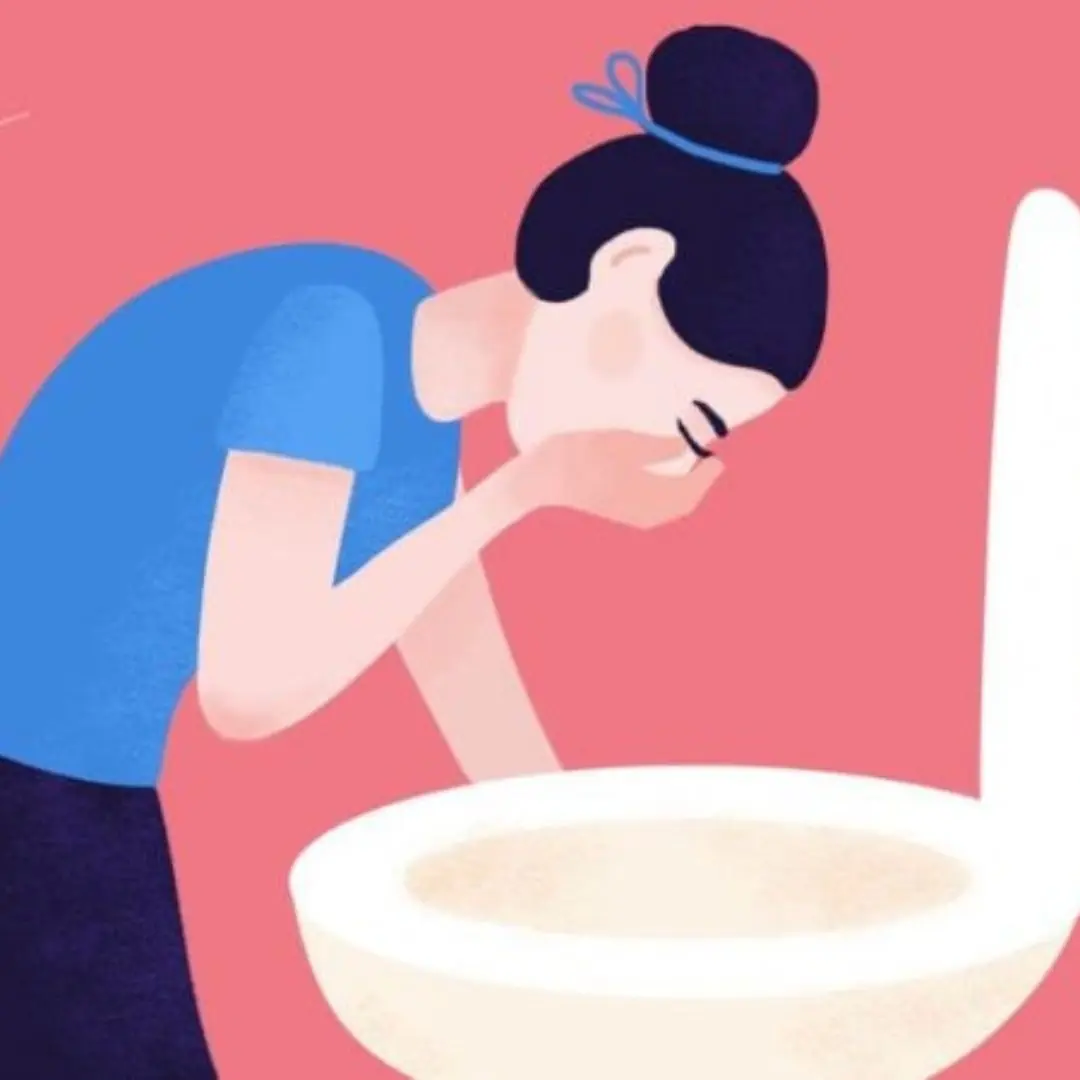
Which medical conditions are associated with nausea but no vomiting?

Young Woman Dies at 27 from Late-Stage Thyroid Cancer: Doctors Say It's Linked to a Pre-Bedtime Habit

Why You Wake Up to Pee at Night (and How to Stop It for Good!)
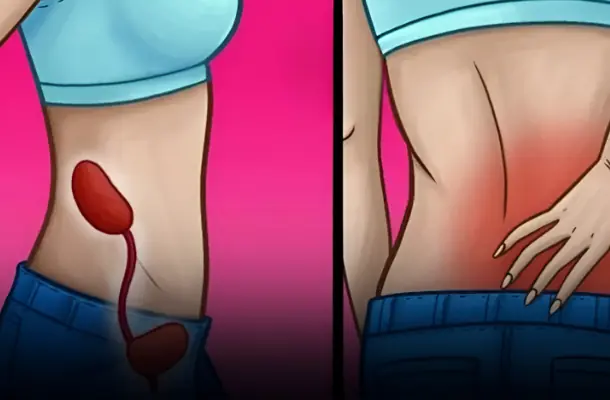
If Your Kidneys Are in Danger, the Body Will Show these 10 Signs
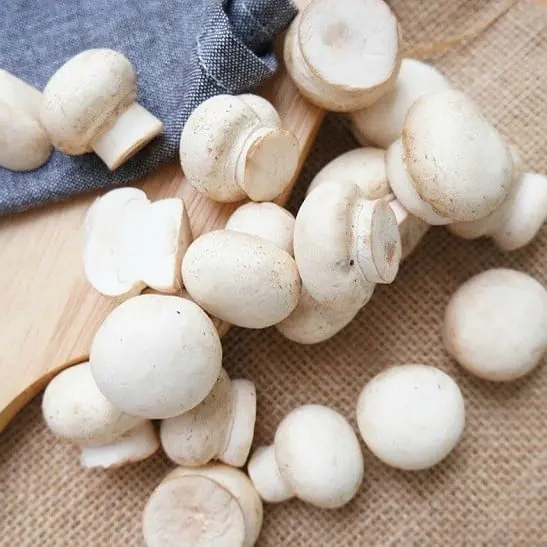
A Type of “Vegan Fat” Rich in Potassium (12 Times More Than Bananas), Protein Equivalent to Eggs
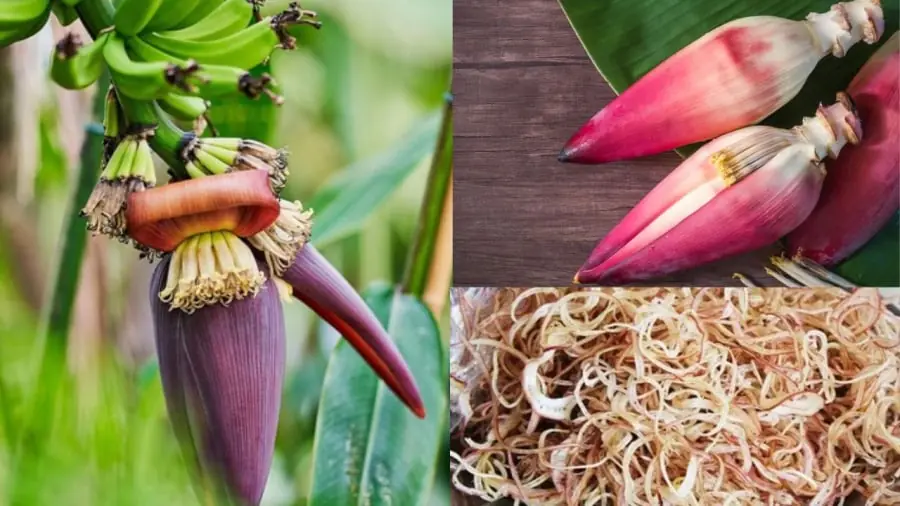
What Happens to Your Body When You Regularly Eat Banana Blossoms?
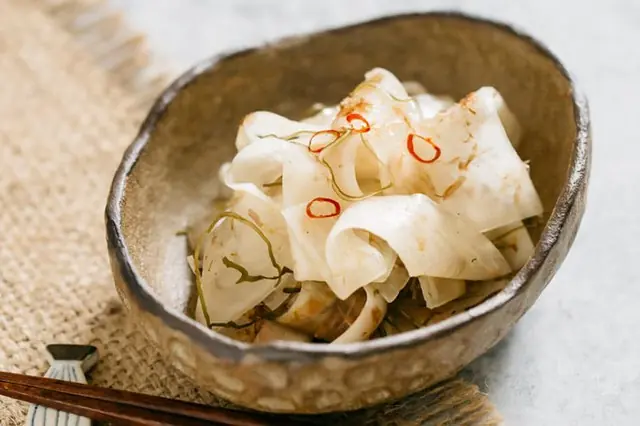
3 Vegetables Japanese People Eat Often to Stay Youthful and Live Long
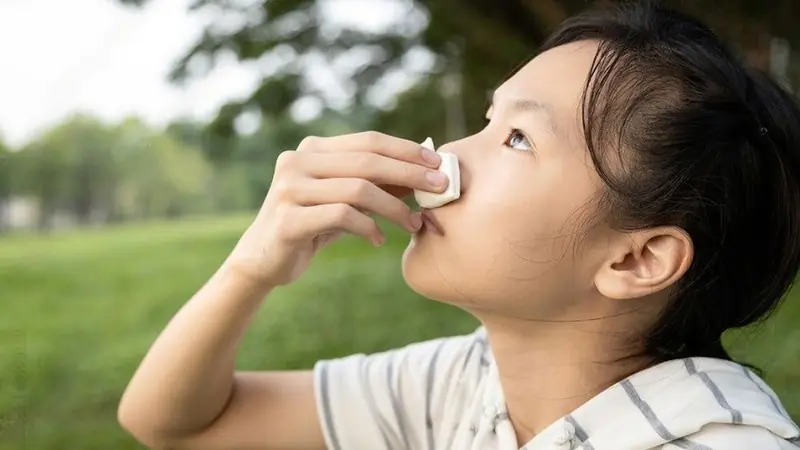
4 Warning Signs That Can.cer May Be “Knocking at Your Door”
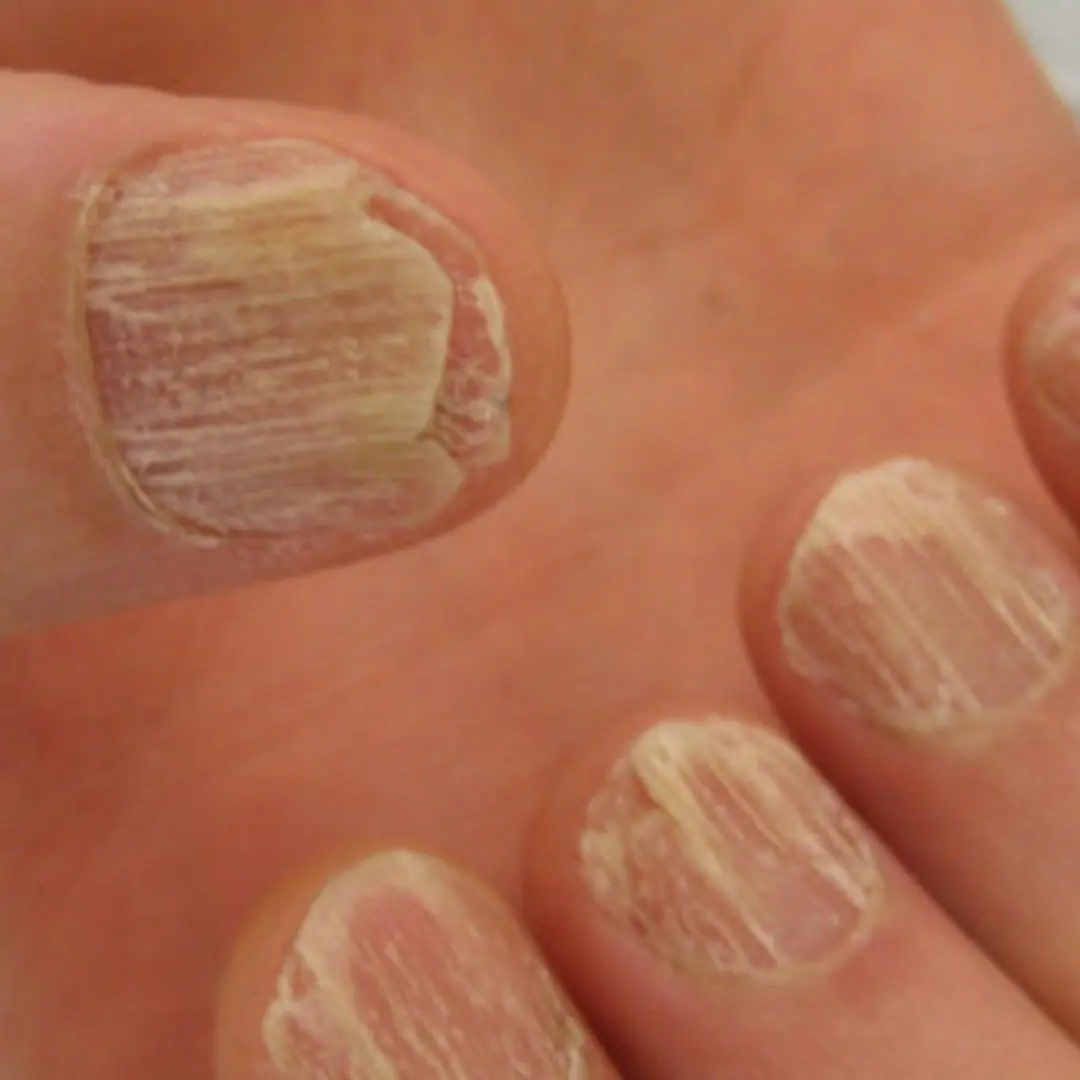
9 Alarming Nail Changes That Reveal Hidden Health Problems — Watch for White Nails and Black Borders

Tofu Is Nutritious and Healthy — But These 4 Groups Should Avoid It
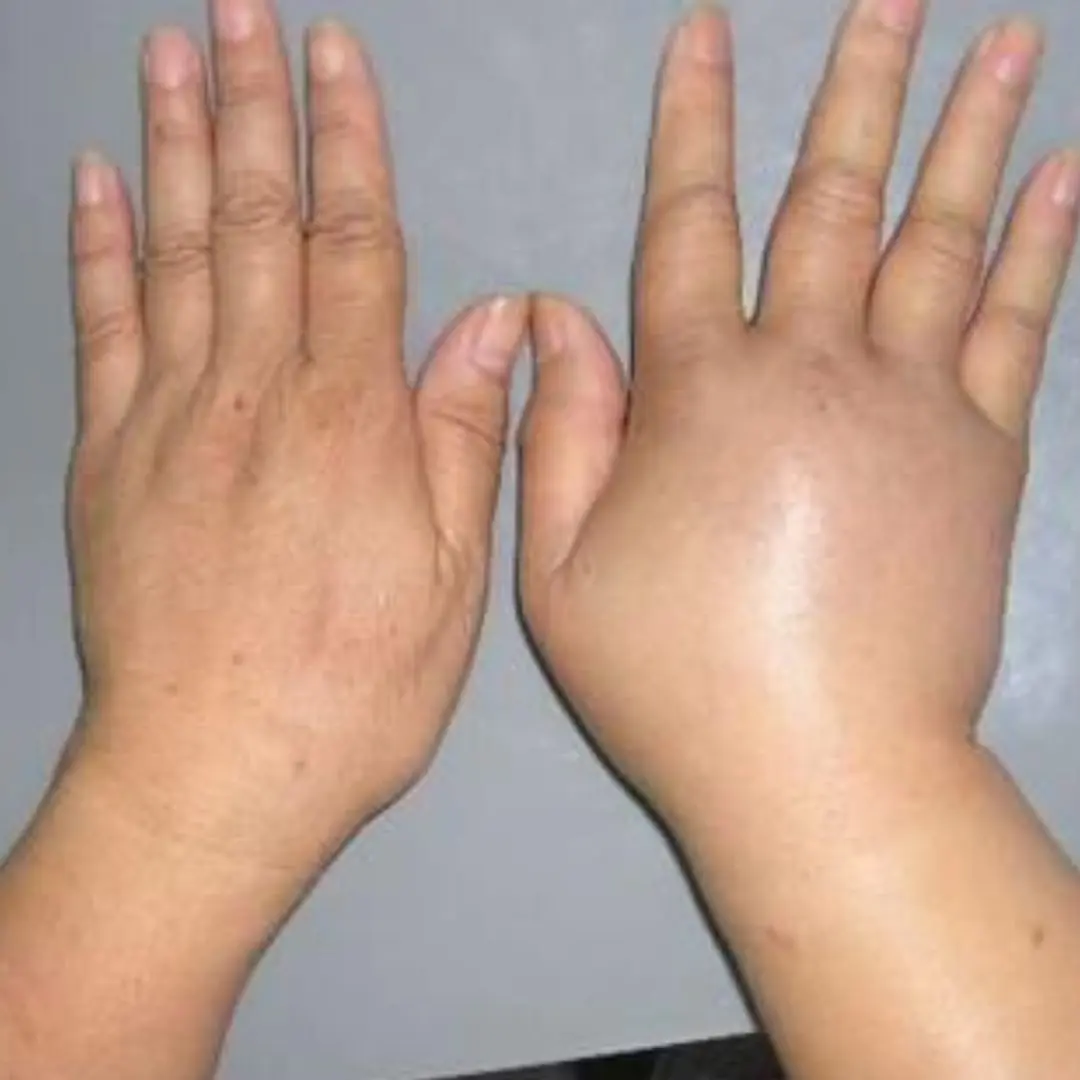
Waking up with swollen hands in the morning could be due to arthritis or some other underlying health problem that needs immediate treatment.
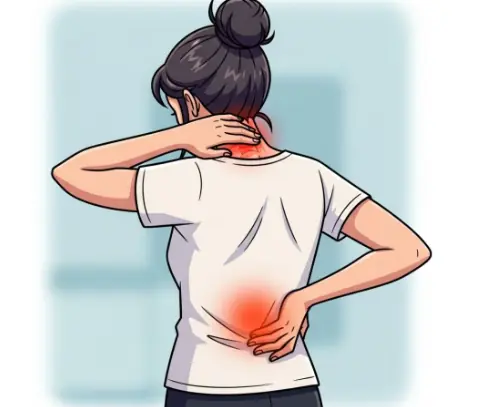
5 warning signs of cancer developing in the body
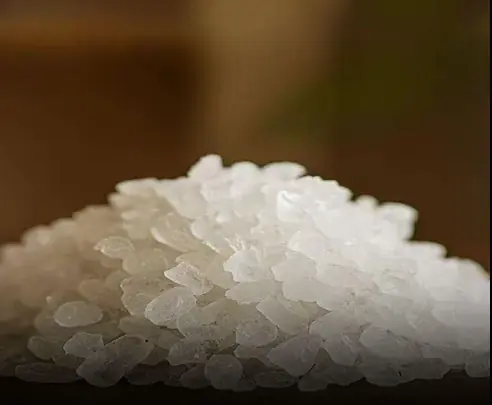
This One Superfood Could Tackle Major Health Issues—Here’s What You Need To Know

Nighttime Leg Cramps: When to Worry and Seek Medical Help
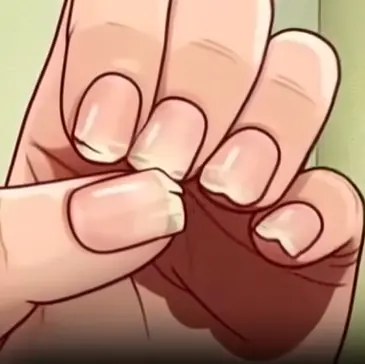
You Should Never Ignore These 9 Things Your Fingernails Reveal About Your Health
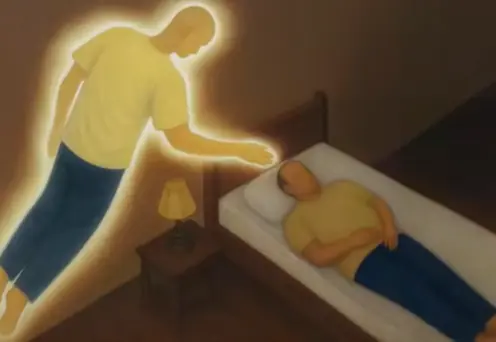
4 Things You Should Never Say At A Funeral — No Matter What
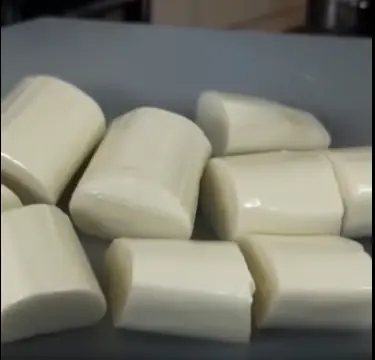
Over 200 People Are Killed By The “World’s Deadliest Food” Every Year, But Almost 500 Million People Still Eat It
News Post

8 Foods That Help Eliminate Cancer Cells
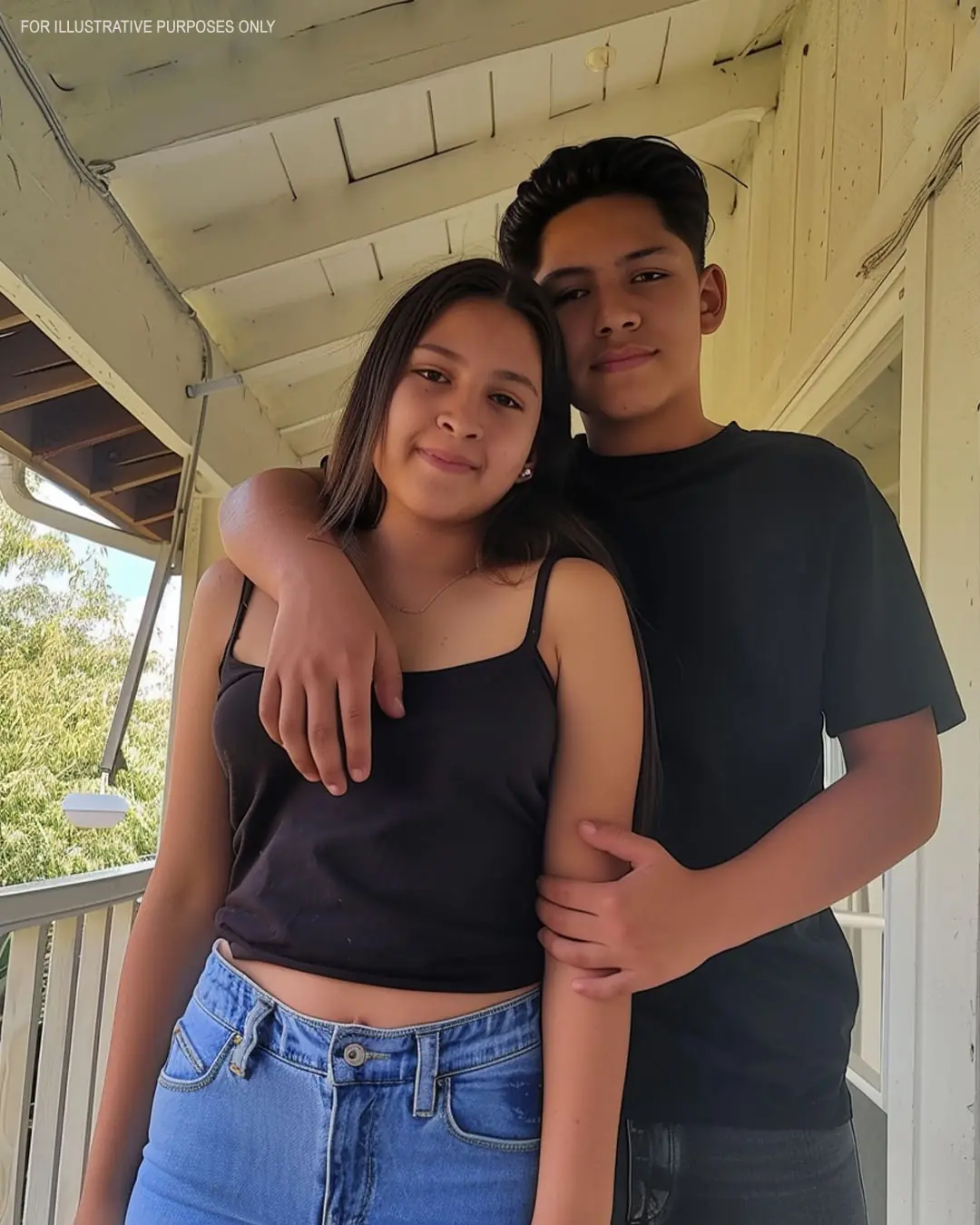
My son brought his fiancée home – As soon as i saw her face and heard her name, I immediately called the police

Why showering before bed might be better for your health than in the morning?
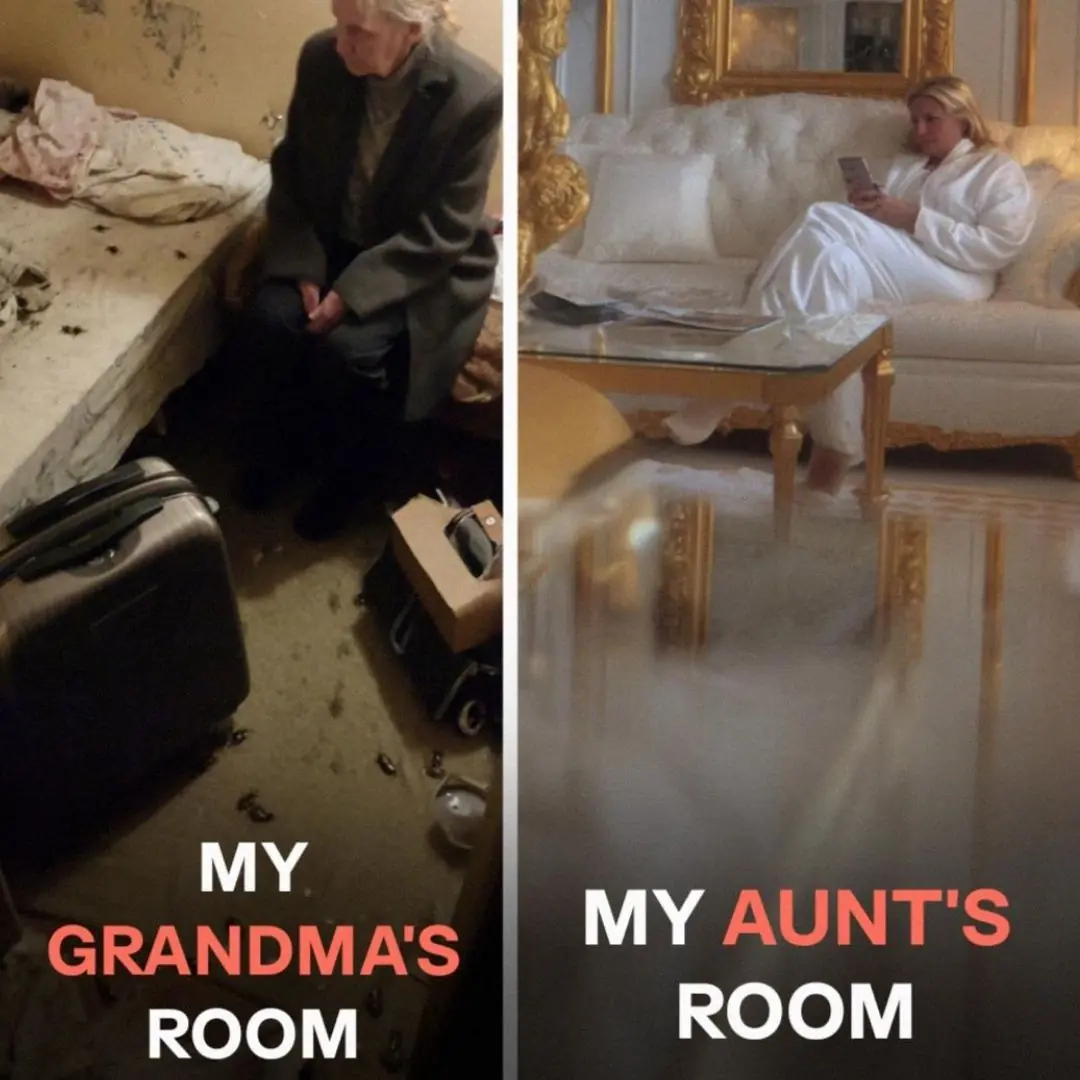
My Aunt Convinced Grandma to Pay for a 'Family Vacation'—Then Dumped Her in a Cheap Motel While She Lived in Luxury but We Had the Last Laugh
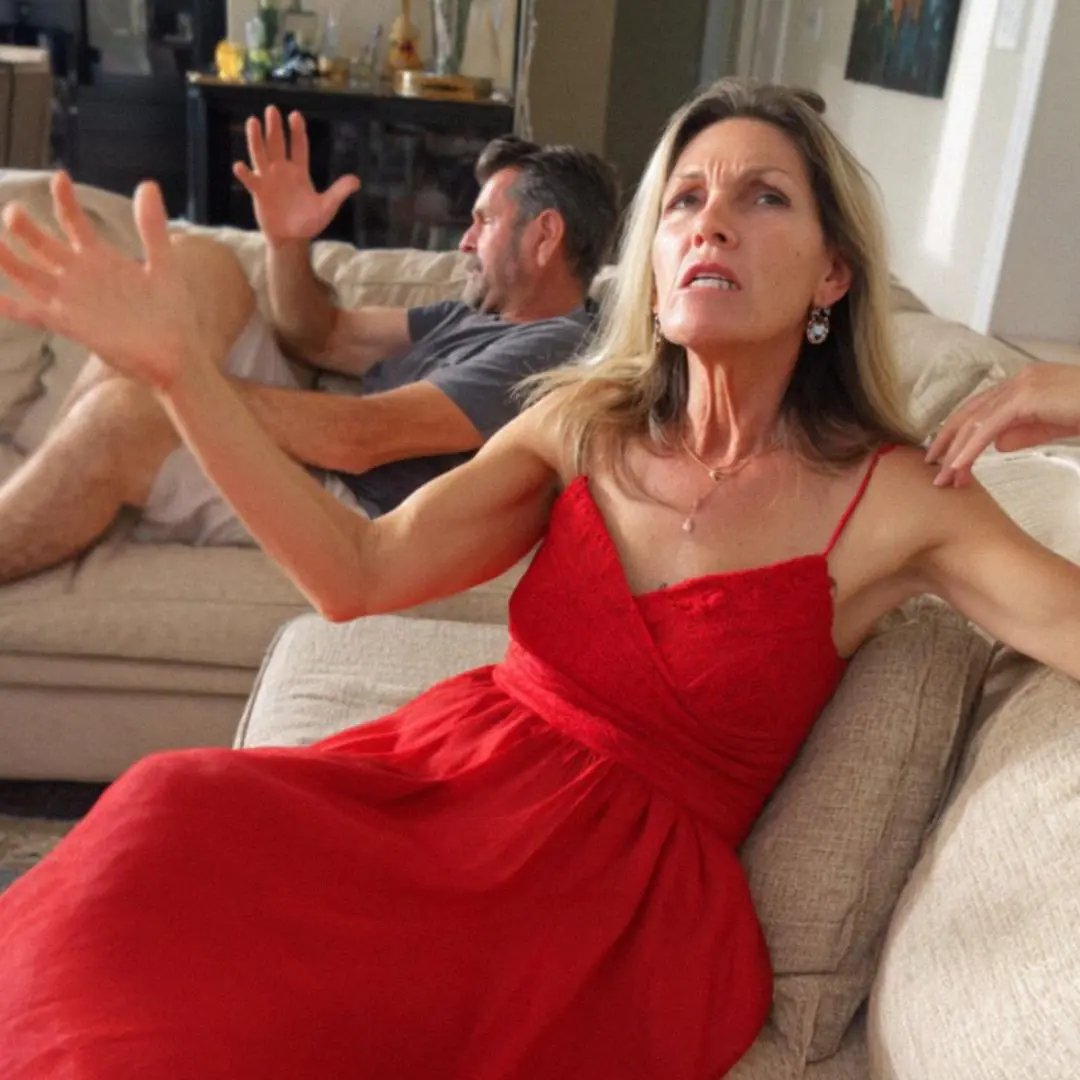
My Future In-Laws Told Me to 'Leave Their House' – Too Bad the House Was Actually Mine
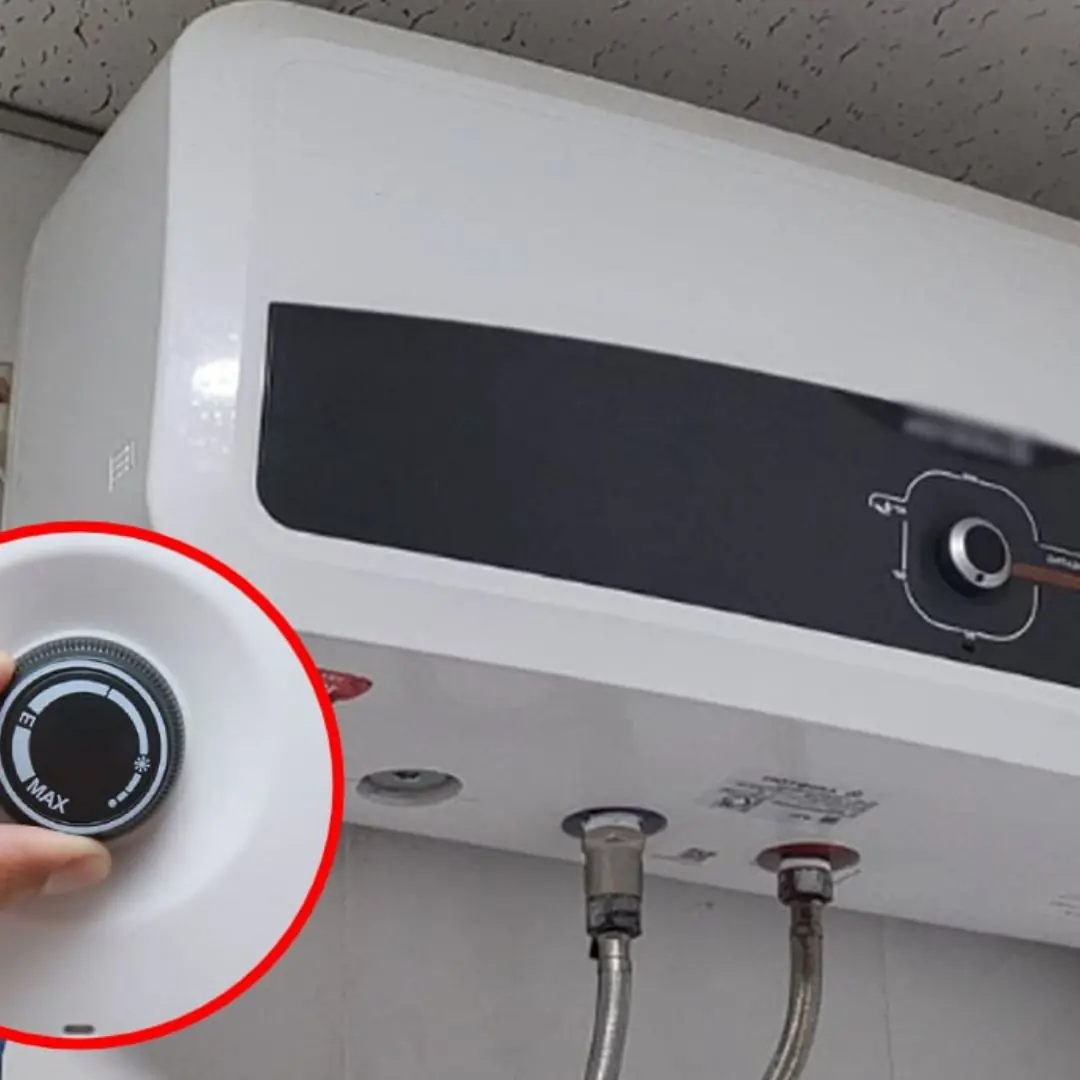
The water heater has a "hidden switch". If you open it, it can last for 10 years and is durable without worrying about wasting electricity

Which medical conditions are associated with nausea but no vomiting?

I Noticed Something Odd About the Bride at My Best Friend's Wedding – When I Lifted Her Dress, Everyone Was Left in Shock

Young Woman Dies at 27 from Late-Stage Thyroid Cancer: Doctors Say It's Linked to a Pre-Bedtime Habit

“You Can Take the Guest Room. Or Move Out.”: A Daughter’s Shocking Family Betrayal Turns Into an Unforgettable Twist
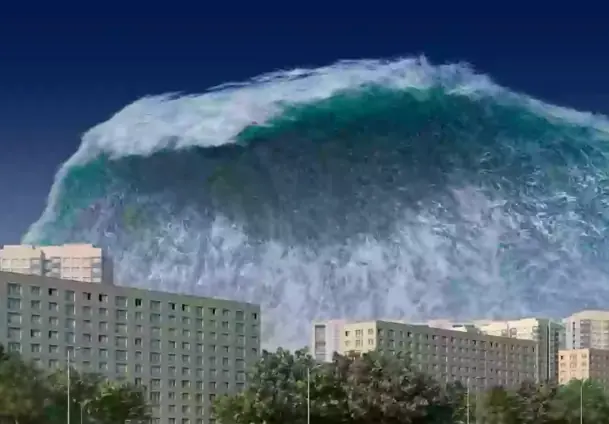
Experts Say 3 Major U.S. Regions Face Risk of Tsunamis and Flooding

Why You Wake Up to Pee at Night (and How to Stop It for Good!)

If Your Kidneys Are in Danger, the Body Will Show these 10 Signs

A Type of “Vegan Fat” Rich in Potassium (12 Times More Than Bananas), Protein Equivalent to Eggs

Grandparents’ Advice: Keep These 5 Things Out of Your Home or Misfortune Will Follow

What Happens to Your Body When You Regularly Eat Banana Blossoms?
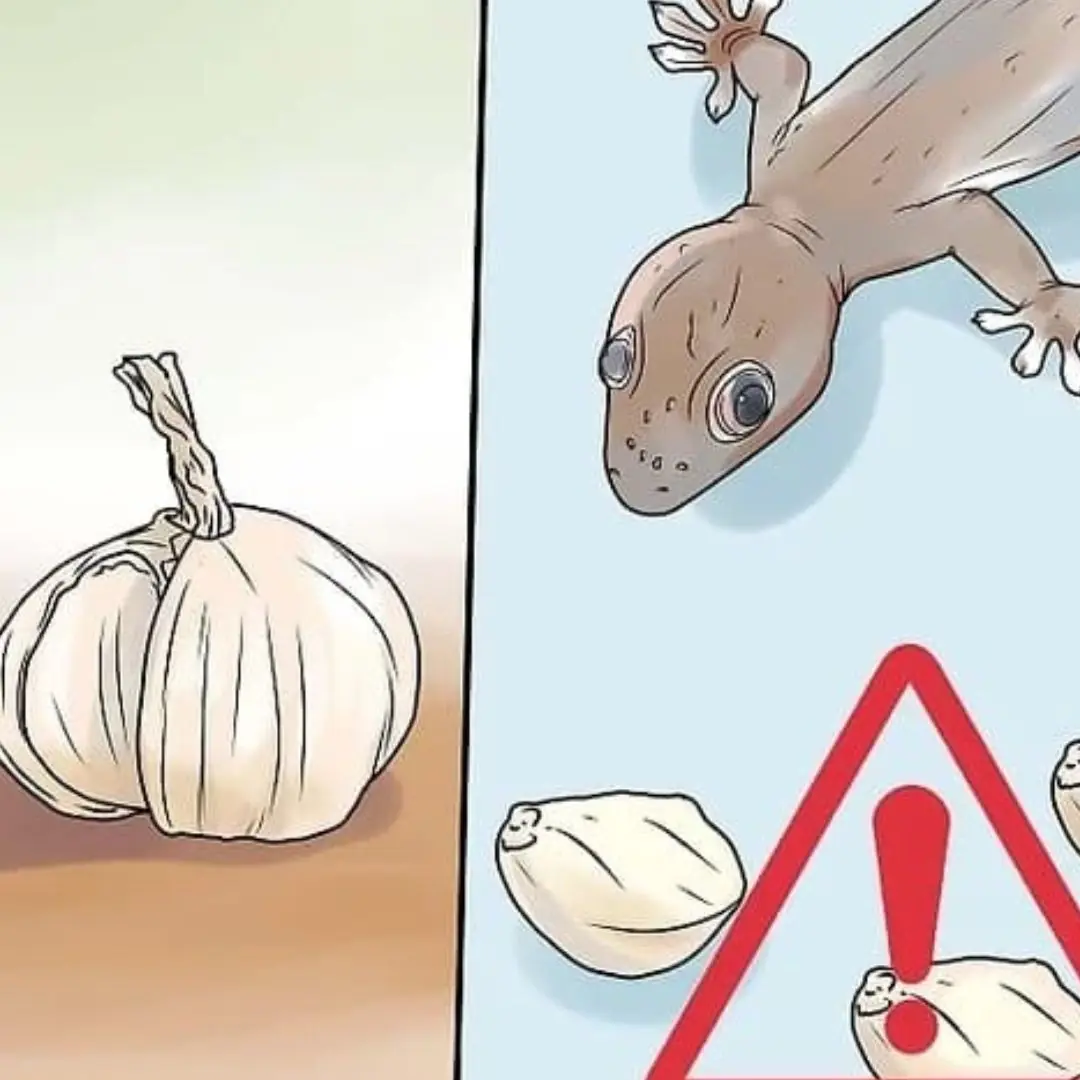
Too many geckos in the house, here's a little trick to make them 'go away and never come back

When should you charge your phone: this is the number that helps the battery last longer and not wear out
